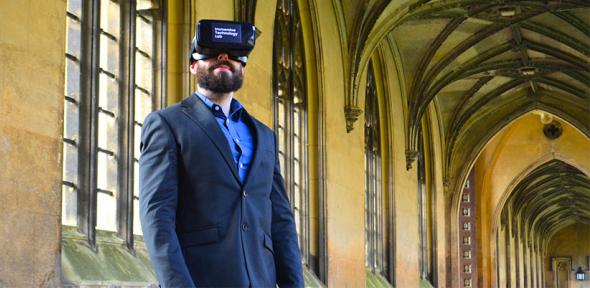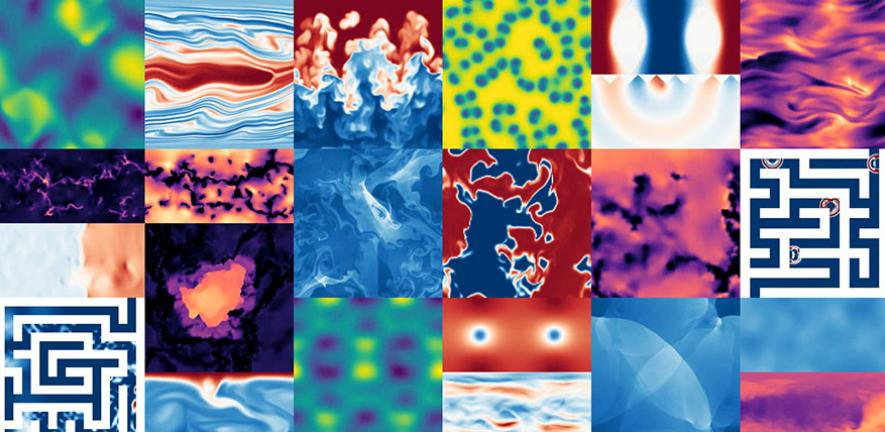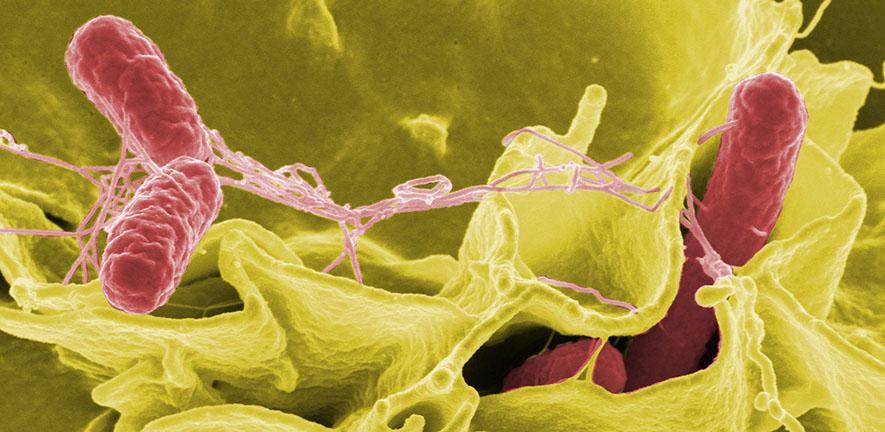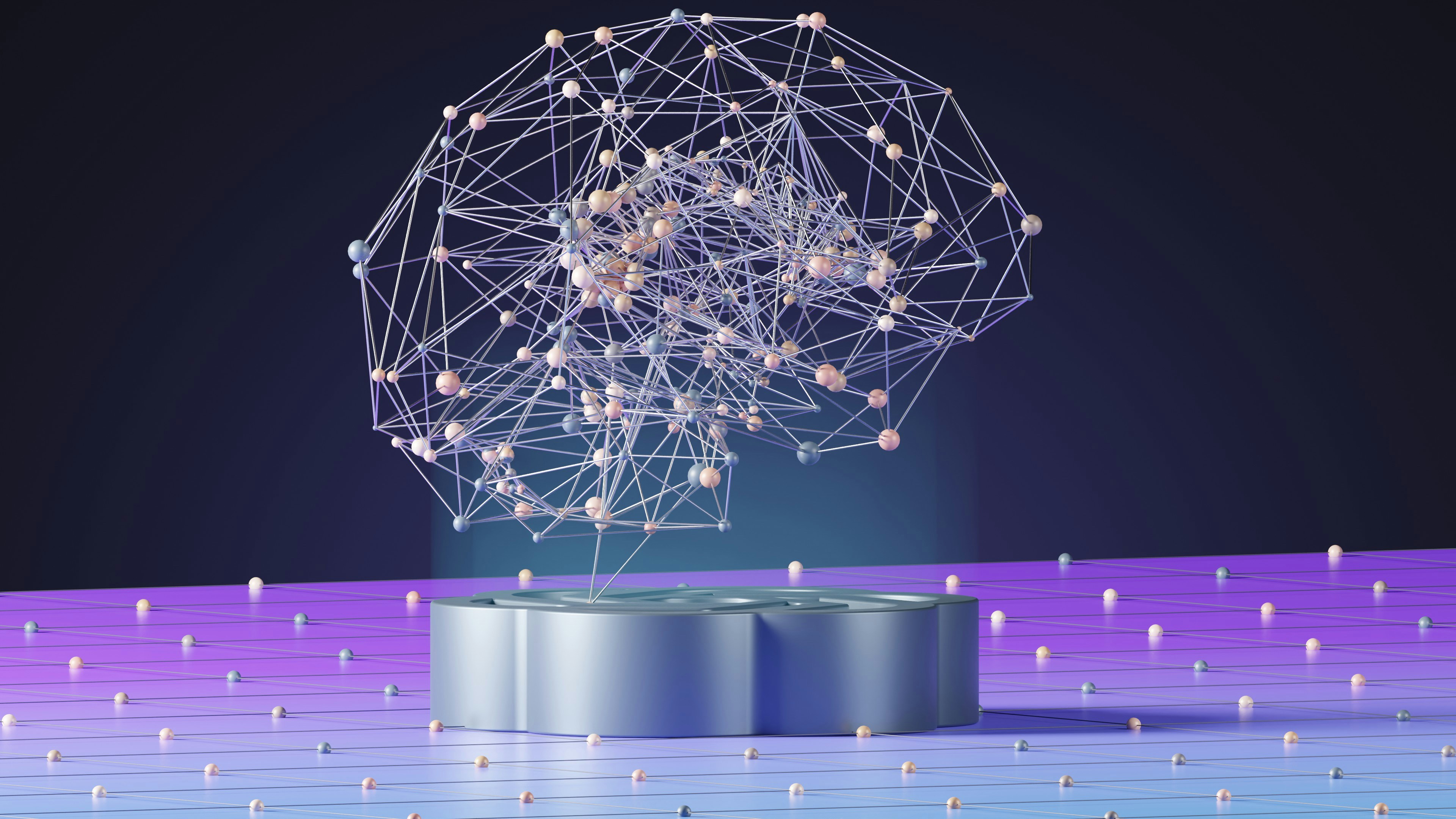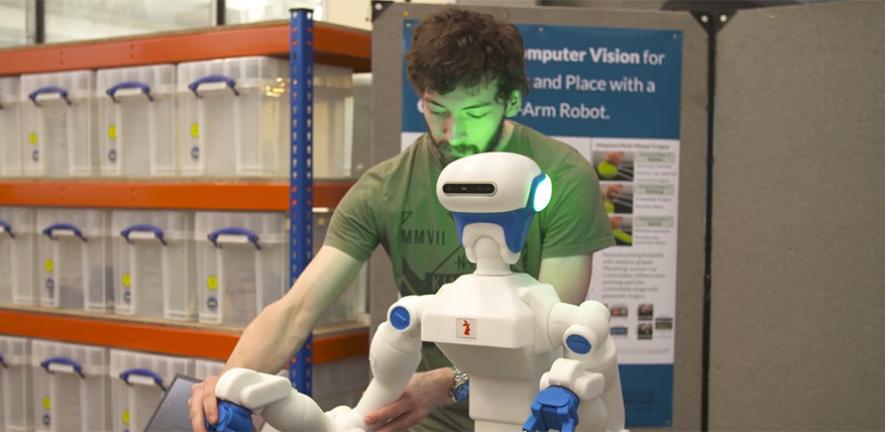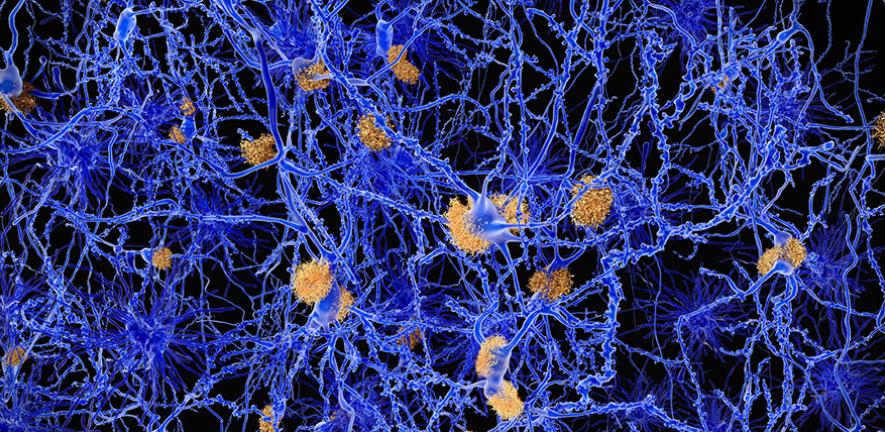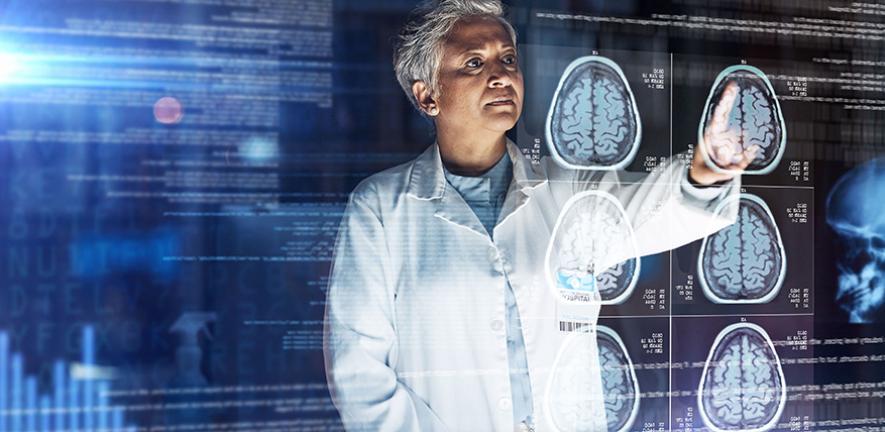
Research
Research from the University of Cambridge is accelerating progress in AI’s core technical capabilities, enabling the application of AI technologies across sectors and disciplines, and building understandings of their impact and the levers to promote their ethical development.
Our People
ai@cam brings together researchers from departments across the University.
Select department to filter by:

Demetrius A. Floudas

Luke Abraham
Director of Research

Elizabeth Allen

Alex Almeida
Principal Investigator, MRC Career Development Fellow

Alex Archibald
Lecturer

John Aston
Harding Professor of Statistics in Public Life

Shahar Avin
Senior Research Associate

Julius Christopher Baeck
PhD student

Stephen Baker

Somenath Bakshi
Associate Professor
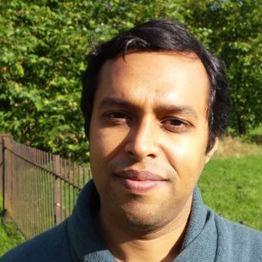
Soumya Banerjee
Senior Research Associate

Ronita Bardhan
Matthew Barker

Viviana Bastidas
Research Associate in Urban Systems and Infrastructure

Haydn Belfield

Yael Benn

Alan Blackwell
Professor of Interdisciplinary Design

Inbar Bobrovsky
OpRaise Project Coordinator

Michael Boemo
Assistant Professor of AI and Disease

Emma Boland
Physical Oceanographer
Nicolas Boullé

Anna Breger
Senior Research Associate

Sam Brockington
Professor of Evolution

Paula Buttery
Professor of Language and Machine Learning

Paul Calleja
Director of Research Computing Services
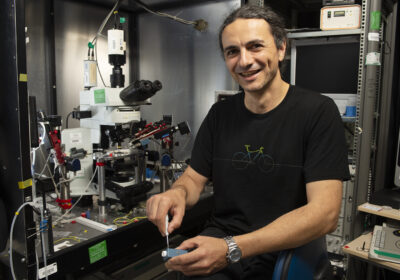
Albert Cardona
Professor

Vasco Carvalho

Matt Castle
Head of Bioinformatics Training

Colm Caulfield
Professor of Environmental and Industrial Fluid Dynamics

Stephen Cave
Director
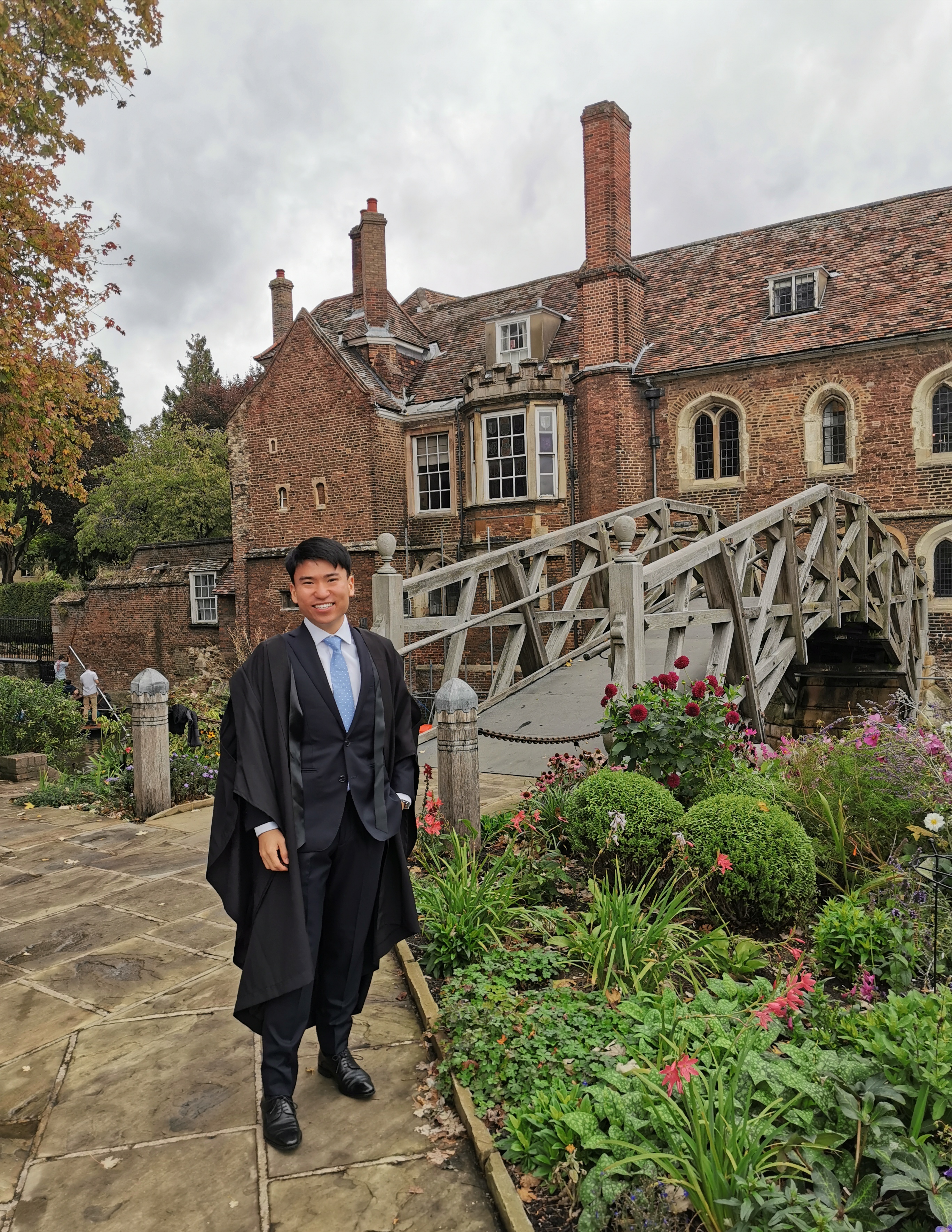
Jerry Chen
PhD Candidate

Maurice Chiodo
Research Associate

Alec Christie
Henslow Research Fellow

Alice Cicirello
Assistant Professor in Applied Mechanics

Jennifer Cobbe
Katherine Collins

David Coomes
Conservation Research Institute Director; Head of Forest Ecology and Conservation Group

Ann Copestake
Professor of Computational Linguistics

Giulio Corsi
Research Associate
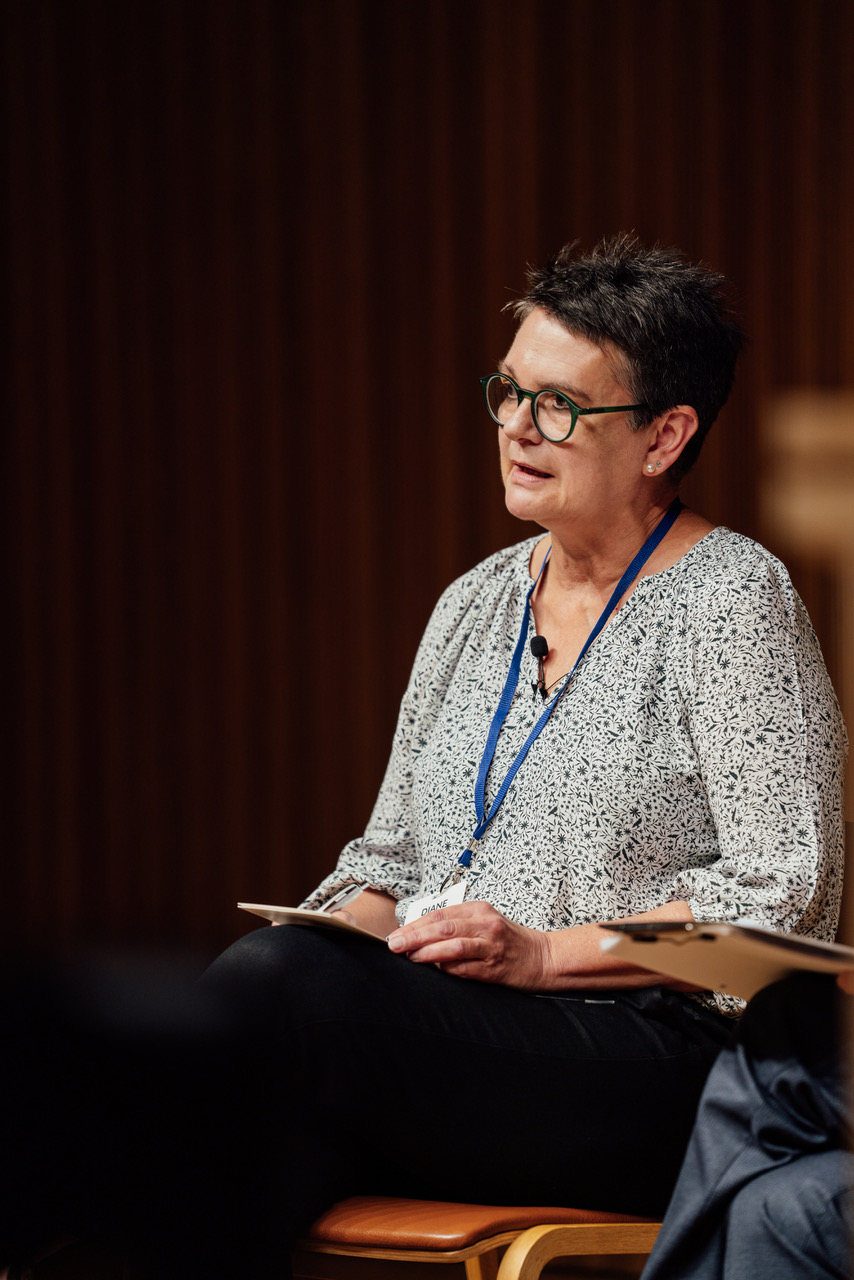
Diane Coyle
Bennett Professor of Public Policy

Miles Cranmer

Mireia Crispin
Assistant Professor

Gábor Csányi
Professor of Molecular Modelling

Matt Davis
Programme leader
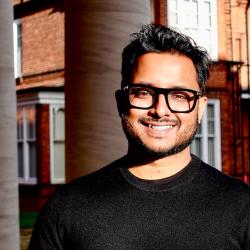
Ramit Debnath
Assistant Professor of Mathematics and Social Design

Lynn Dicks
University Lecturer in Animal Ecology

Eleanor Drage
Senior Research Feloow

Richard Durbin
Professor of Genetics

Chris Edsall
Head of Research Software Engineering
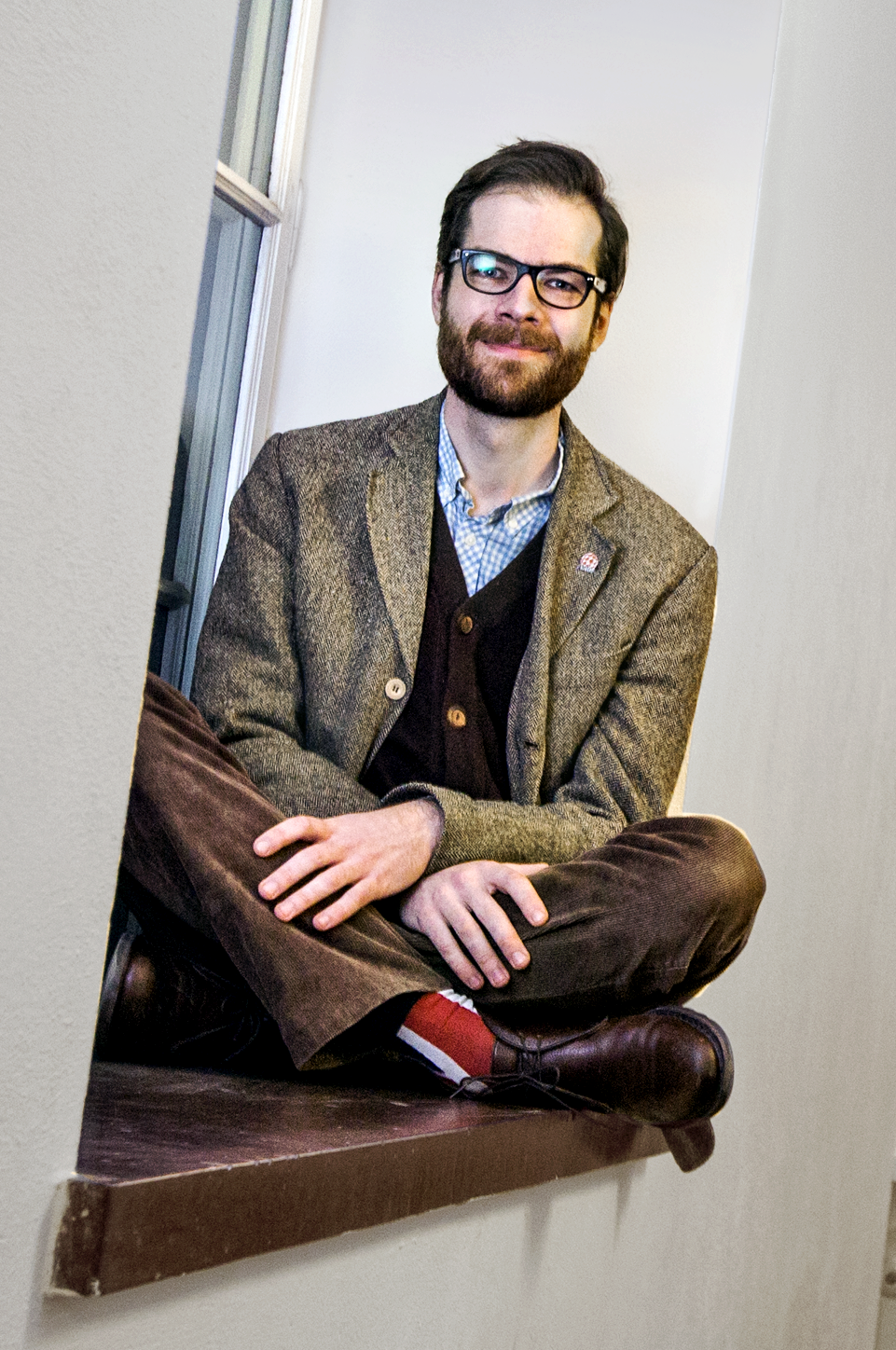
Carl Henrik Ek
Senior Lecturer

Guy Emerson
Executive Director, Cambridge Language Sciences

Sebastian Eves-van den Akker
Head of the Plant-Parasite Interactions Group

Isla Fay
Senior User Researcher

Amanda Ferguson
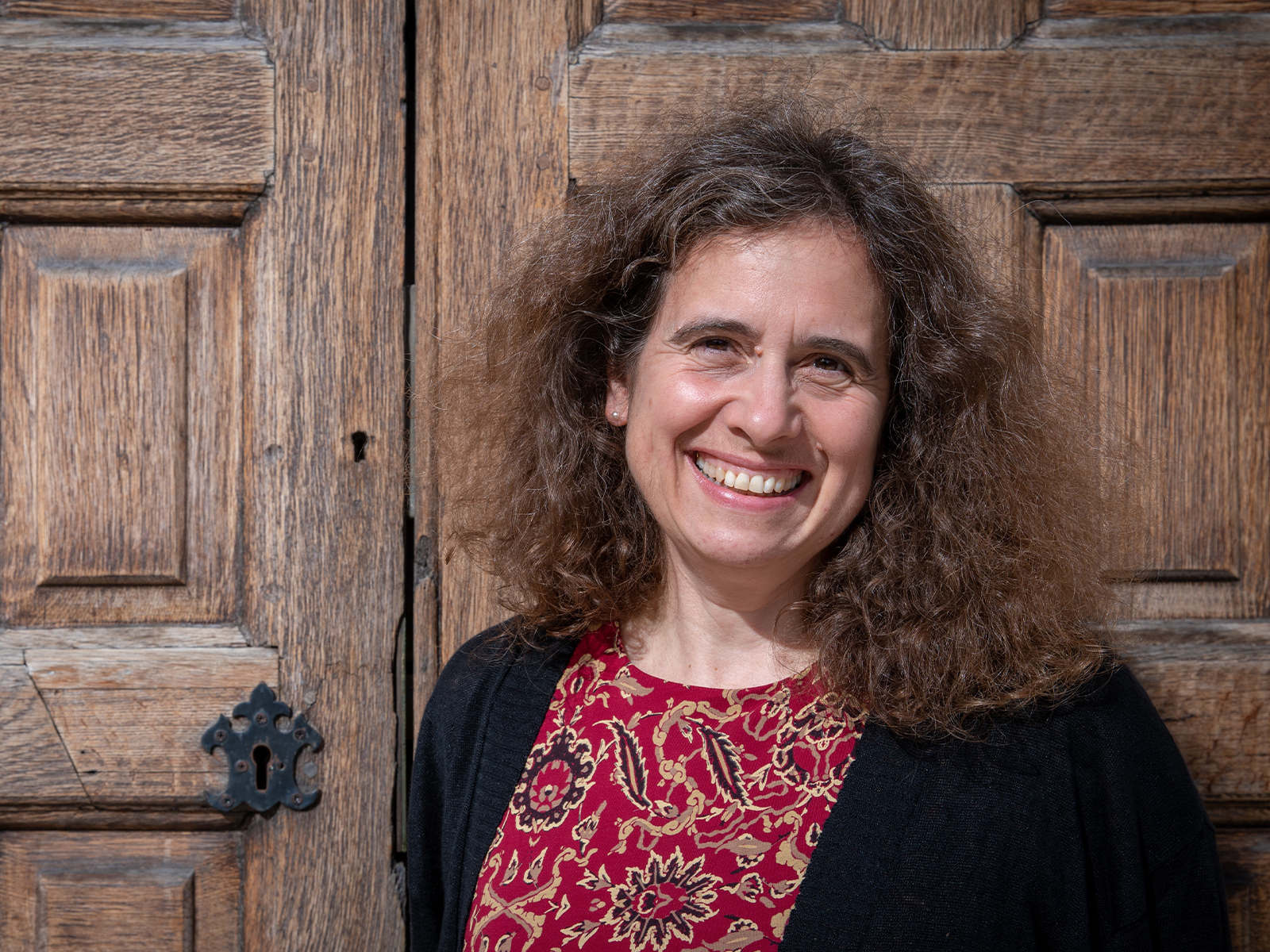
Anne Ferguson Smith
Arthur Balfour Professor of Genetics; Pro-Vice-Chancellor for Research

Stefan Feuerriegel

Joshua Fitzgerald
Munby Fellow in Bibliography, Cambridge University Library

Jennie Fletcher
Lead Software Developer

Marla Fuchs
Executive Director, Institute of Computing for Climate Science
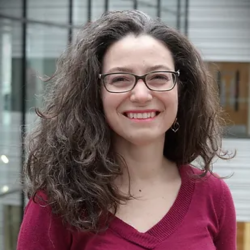
Diana Fusco
University Assistant Professor in Biological Physics

Irene Galandra
Coordinator for Collections, Connections, Communities

Catherine Galloway
Innovation and Translation Lead at The Kavli Centre for Ethics, Science, and the Public

Christos Genakos
Professor of Economics
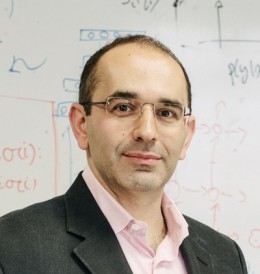
Zoubin Ghahramani
Professor of Information Engineering

Jenny Gibson
Professor of Developmental Psychology
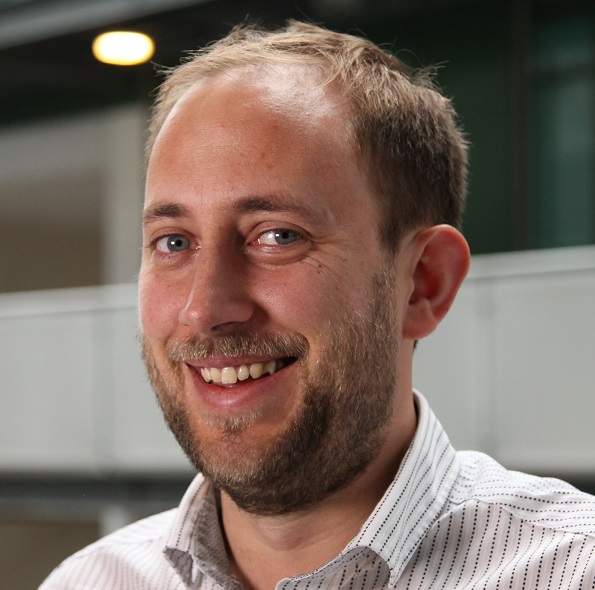
Sam Gilbert
Affiliated Researcher

Mark Girolami
Sir Kirby Laing Professor of Civil Engineering

Ann Kristin Glenster
Senior Policy Adviser

Angela Godoy

Simon Godsill
Head of Information Engineering

Siavash Golkar

Andrew Grace
Professor Experimental Cardiology

Onkar Gulati
PhD Candidate

Ajay Halai
Senior Research Associate
Diana Halikias
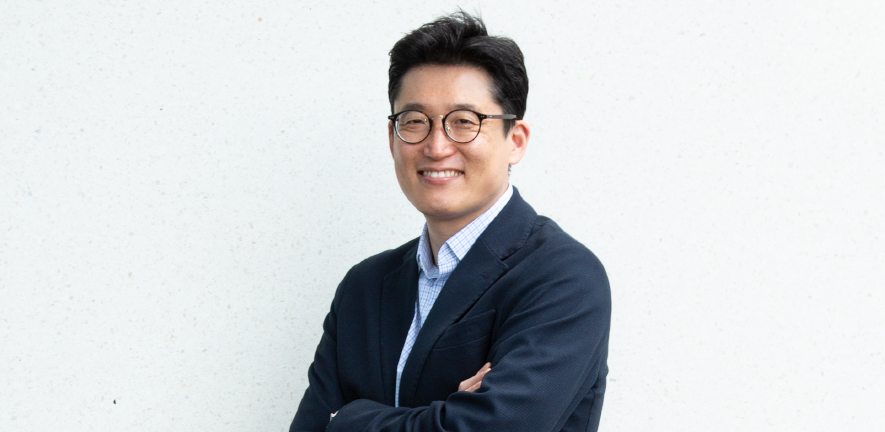
Namshik Han
Group Leader

Verity Harding

Richard Harrison
Director

Miguel Hernández Lobato
Professor of Machine Learning

Manuel Herrera
Senior Research Associate in Distributed Intelligent Systems

Shirley Ho

Tomasz Hollanek
Research Fellow

Scott Hosking
Research leader in AI and Digital Twinning for the environment

Reham Hosny

Julian Huppert
Director
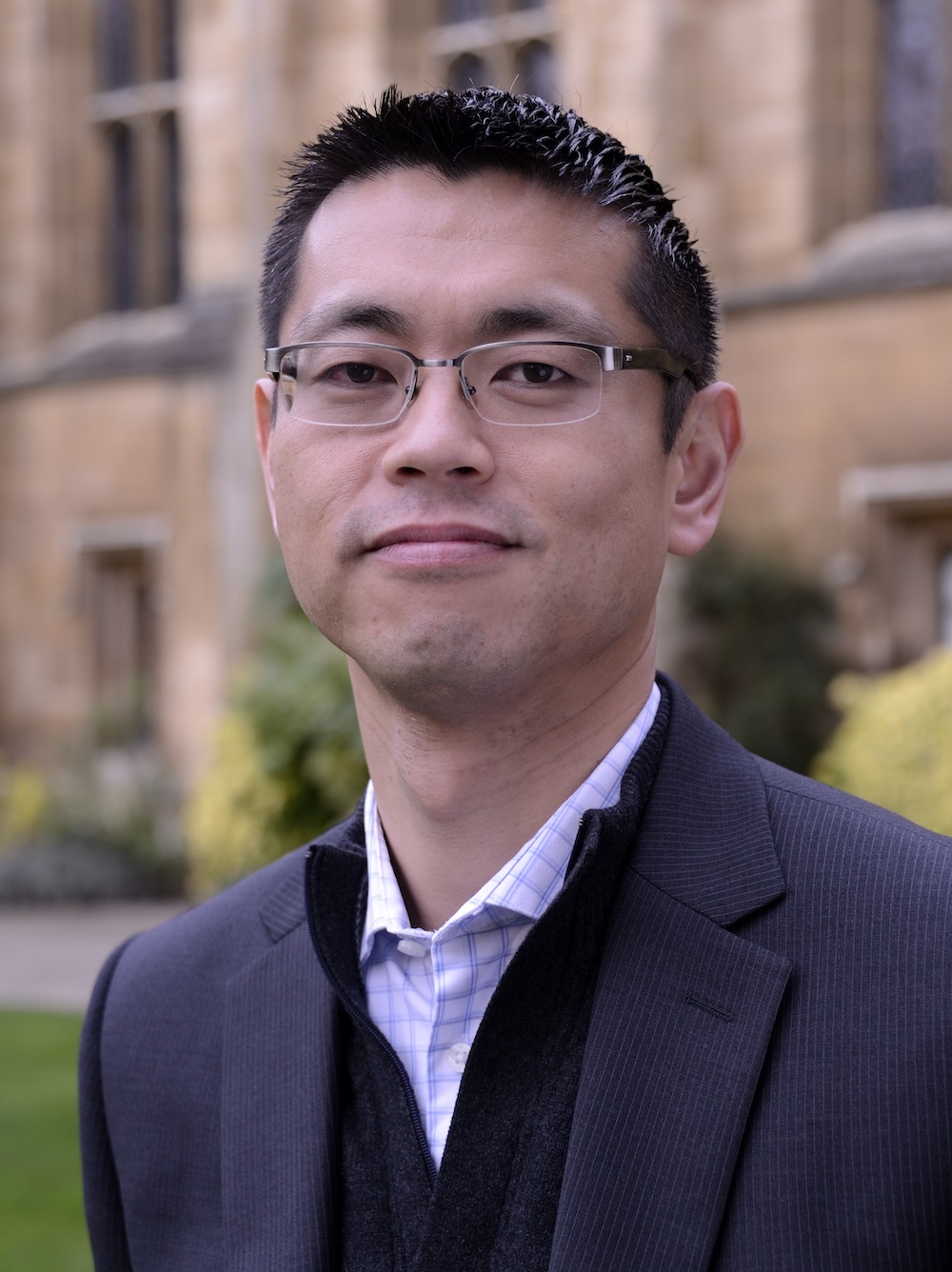
Fumiya Iida
Professor of robotics

Maya Indira Ganesh
Senior researcher at LCFI; assistant teaching professor at ICE

Milena Ivanova
Teaching Associate

Florian Jaeckle
Research Associate

Sadiq Jaffer
Senior Research Associate

Mateja Jamnik
Professor
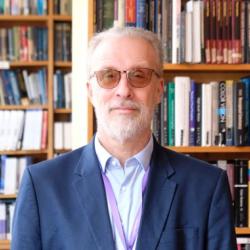
Mark Johnson
Professor of Experimental Psychology

Huw Jones
Head of Digital Library

Henrik Jönsson
Professor

Napoleon Katsos
Professor in Experimental Linguistics

Frank Kelly
Emeritus Professor of the Mathematics of Systems

Srinivasan Keshav

Kristina Khutsishvili
Research Associate

Ross King
Automating Science using Robot Scientists

Kate Knill
Principal Research Associate
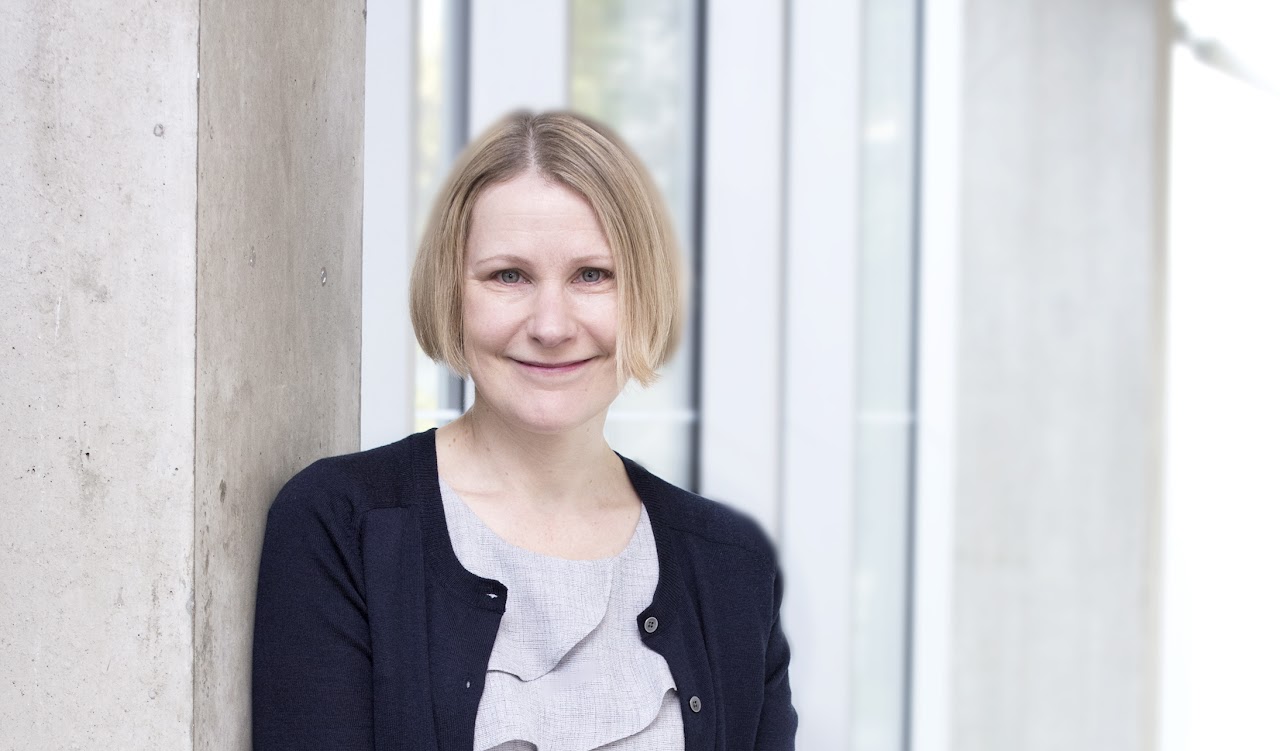
Anna Korhonen
Professor

Zoe Kourtzi
Professor of Cognitive Computational Neuroscience, Royal Society Industry Fellow

Markus Kraft
Professor of Chemical Engineering; CARES Director

Nikhil Krishnan
Lecturer

David Krueger

Virag Lakner
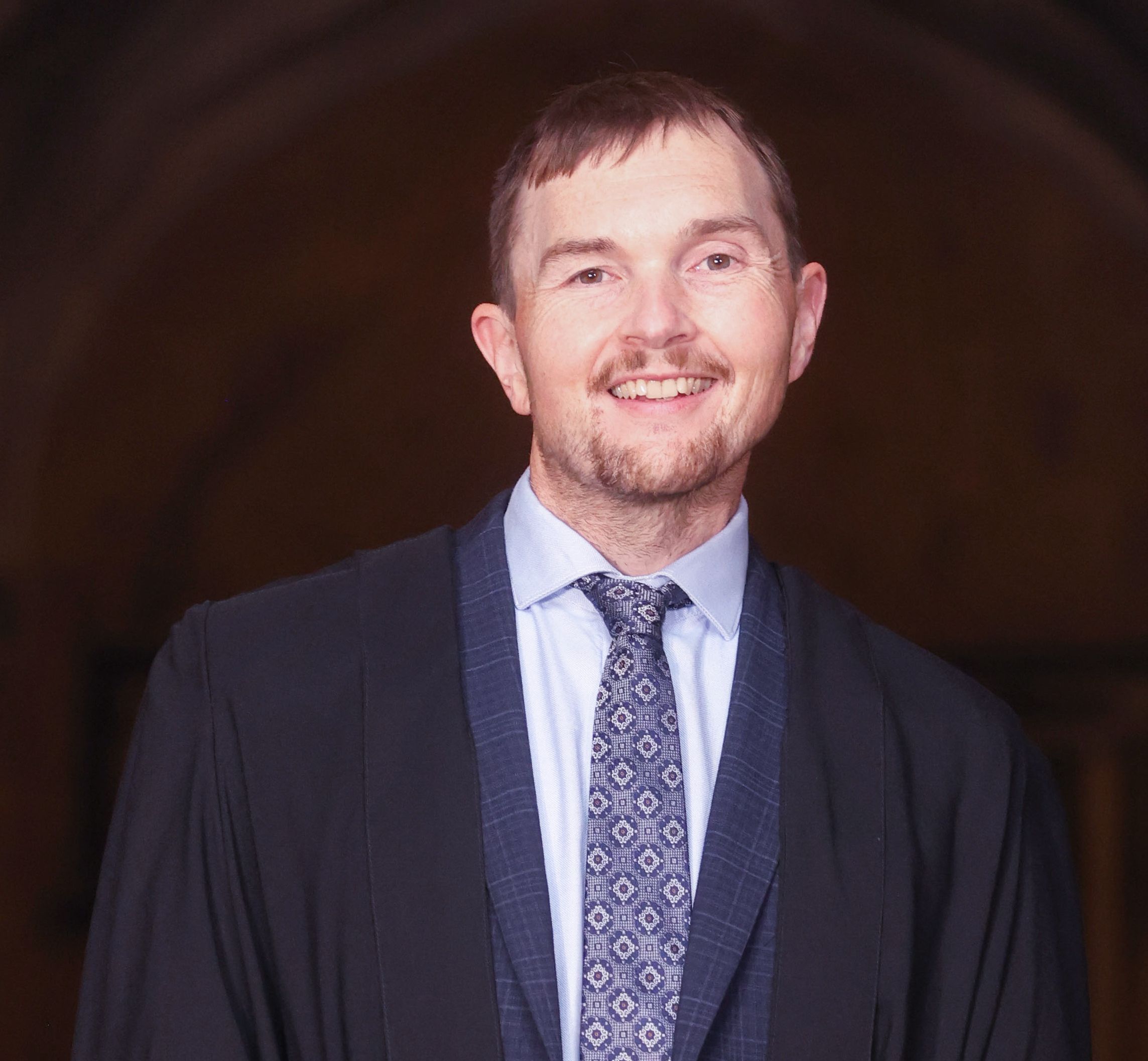
Nic Lane
Professor of Machine Learning Systems

Francois Lanusse

Alexei Lapkin
Professor of Sustainable Reaction Engineering

Neil Lawrence
Chair, ai@cam

Katie Light
Programme Manager for the Accelerate Programme for Scientific Discovery

Emily Lines
University Associate Professor in Physical Geography, UKRI Future Leaders Fellow, Turing Fellow

Pietro Liò
Professor of Computational Biology

Mathew Lowe
Collections Manager
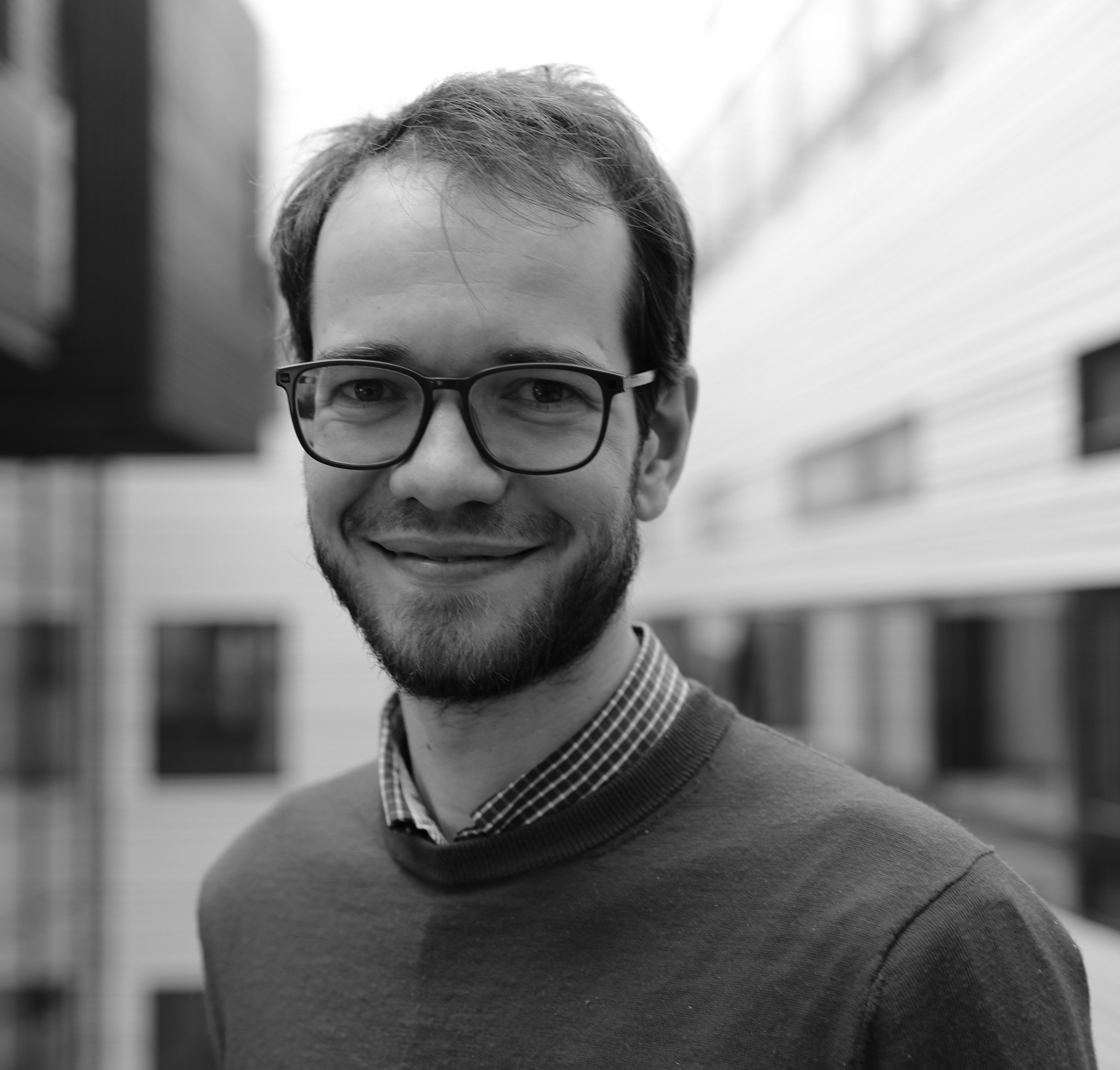
Erik Mackie
Research Engagement Manager

Anil Madhavapeddy
Professor of Planetary Computing

Alexandru Marcoci
Research Associate in AI Risk and Foresight

Florian Markowetz
Professor of Computational Oncology
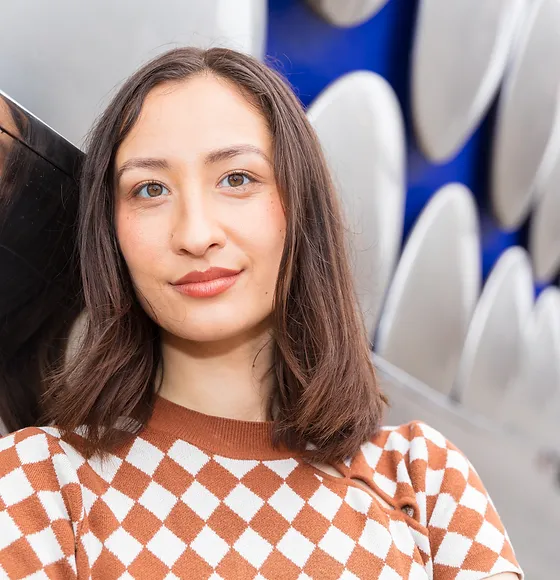
Kerry McInerney
Research Fellow

Richard McMahon
Professor of Astronomy

Vito Mennella
MRC investigator Director of Research

Gos Micklem
Professor in Computation and Molecular Biology

Richard Milne
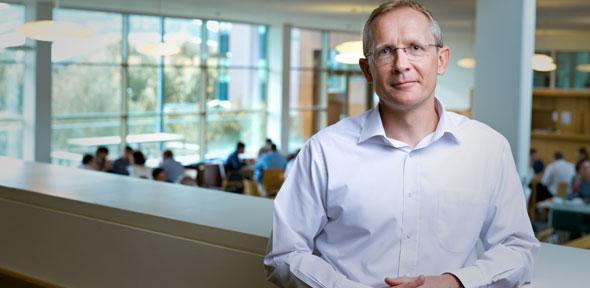
Tim Minshall
Dr John C Taylor Professor of Innovation, and Head of the Institute for Manufacturing

Jess Montgomery
Director, ai@cam

Anna Moore
Assistant Professor in Child Psychiatry and Medical Informatics
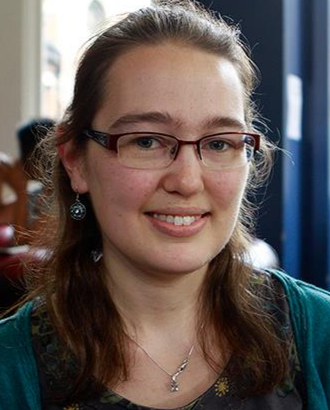
Sarah Morgan
Departmental Early Career Research Fellow
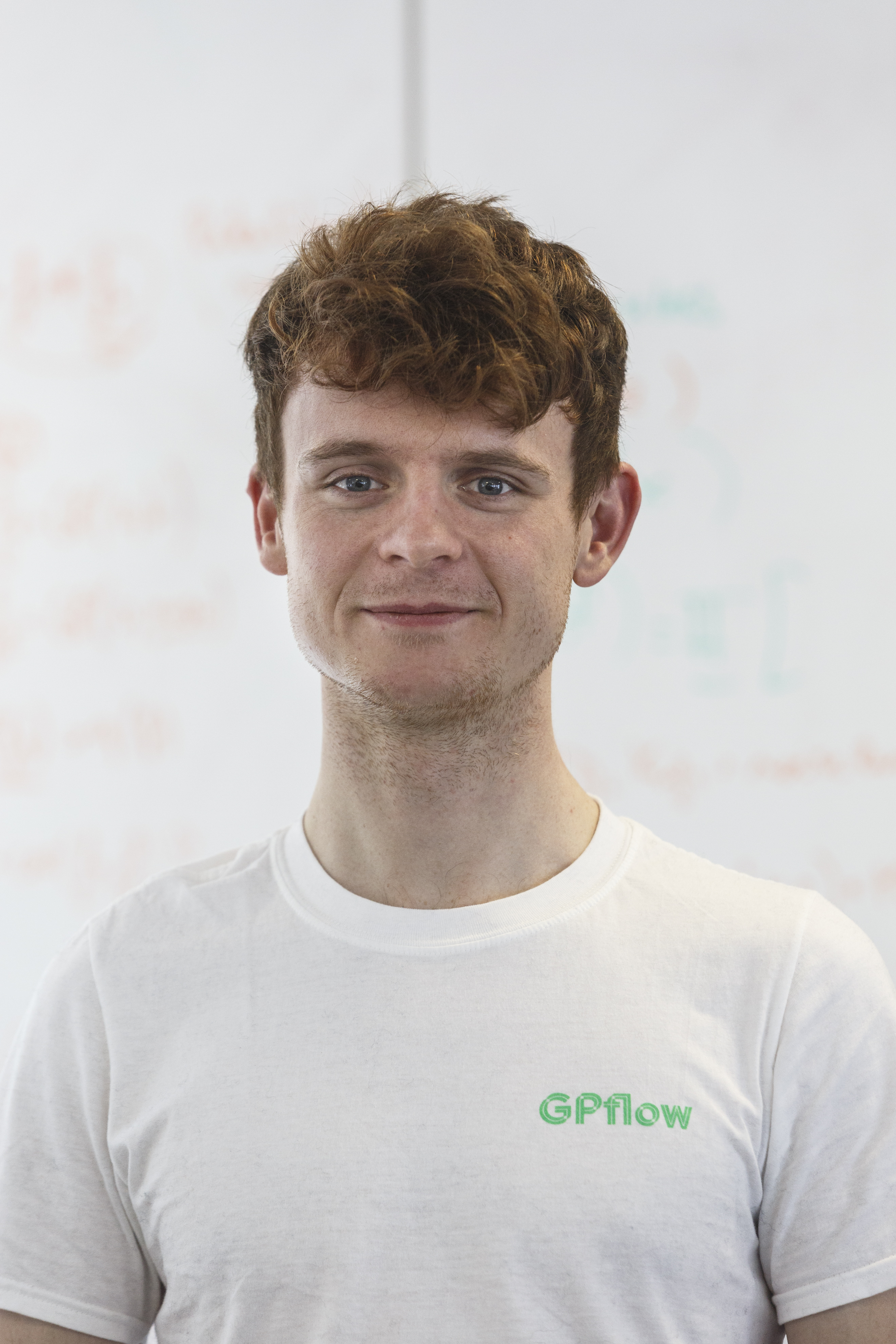
Henry Moss
Early Career Advanced Fellow

Sach Mukherjee
MRC Investigator

Leila Muresan
SRA
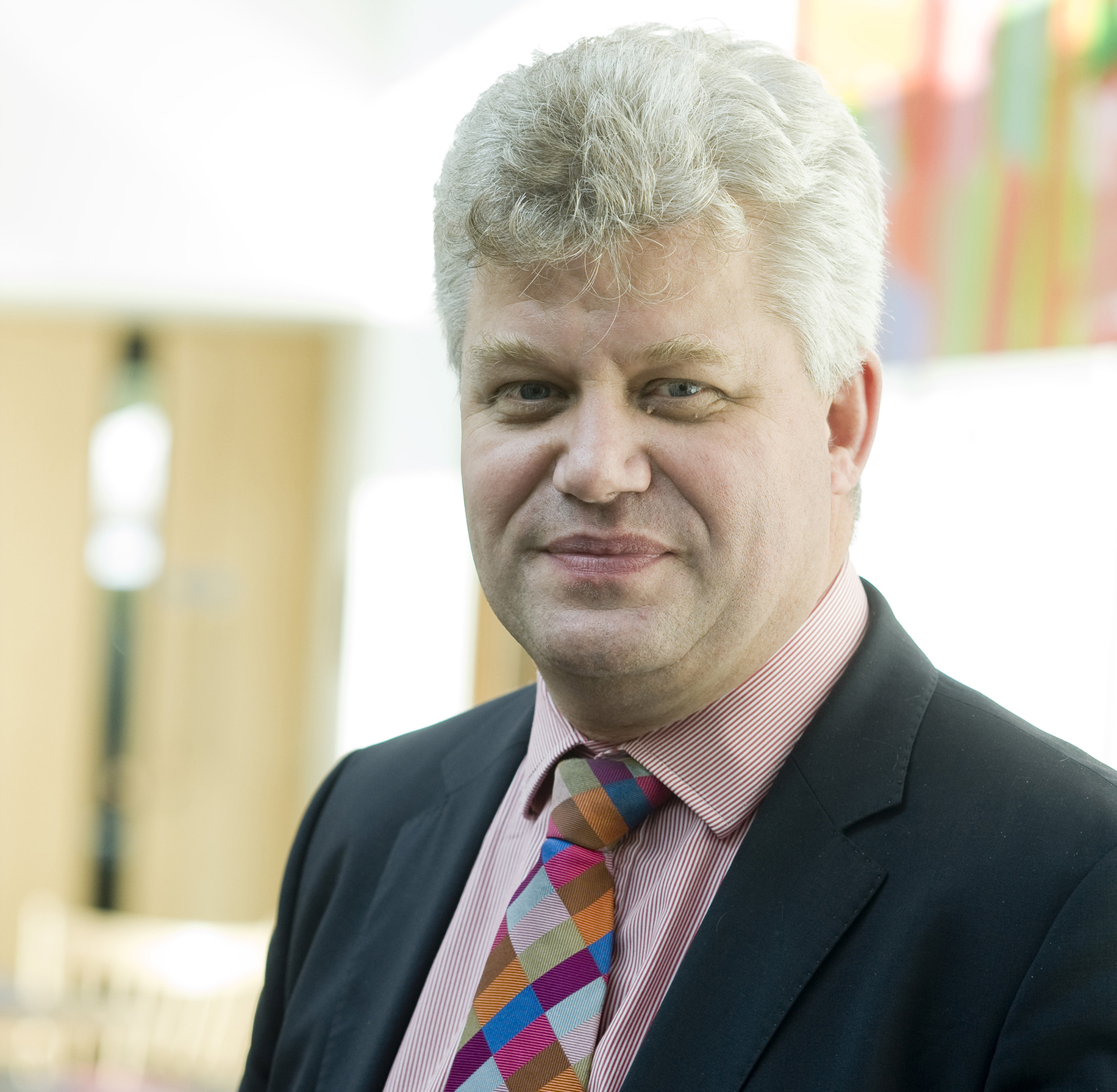
Andy Neely
Pro-Vice-Chancellor

Gina Neff
Executive Director
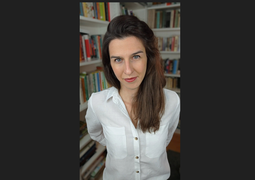
Katarzyna Nowaczyk-Basińska
Research Fellow
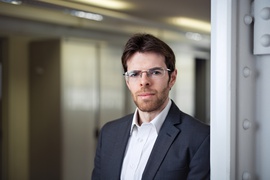
Sean O'hEigeartaigh
Director, AI: Futures and Responsibility Programme

Luigi Occhipinti

Amy Orben
Programme leader

Dominic Orchard
Co-director of the Institute of Computing for Climate Science

Kwadwo Oti-Sarpong
Senior Research and Teaching Associate in Urban Systems and Infrastructure Managemen

Harry Owen

Wallace Peaslee
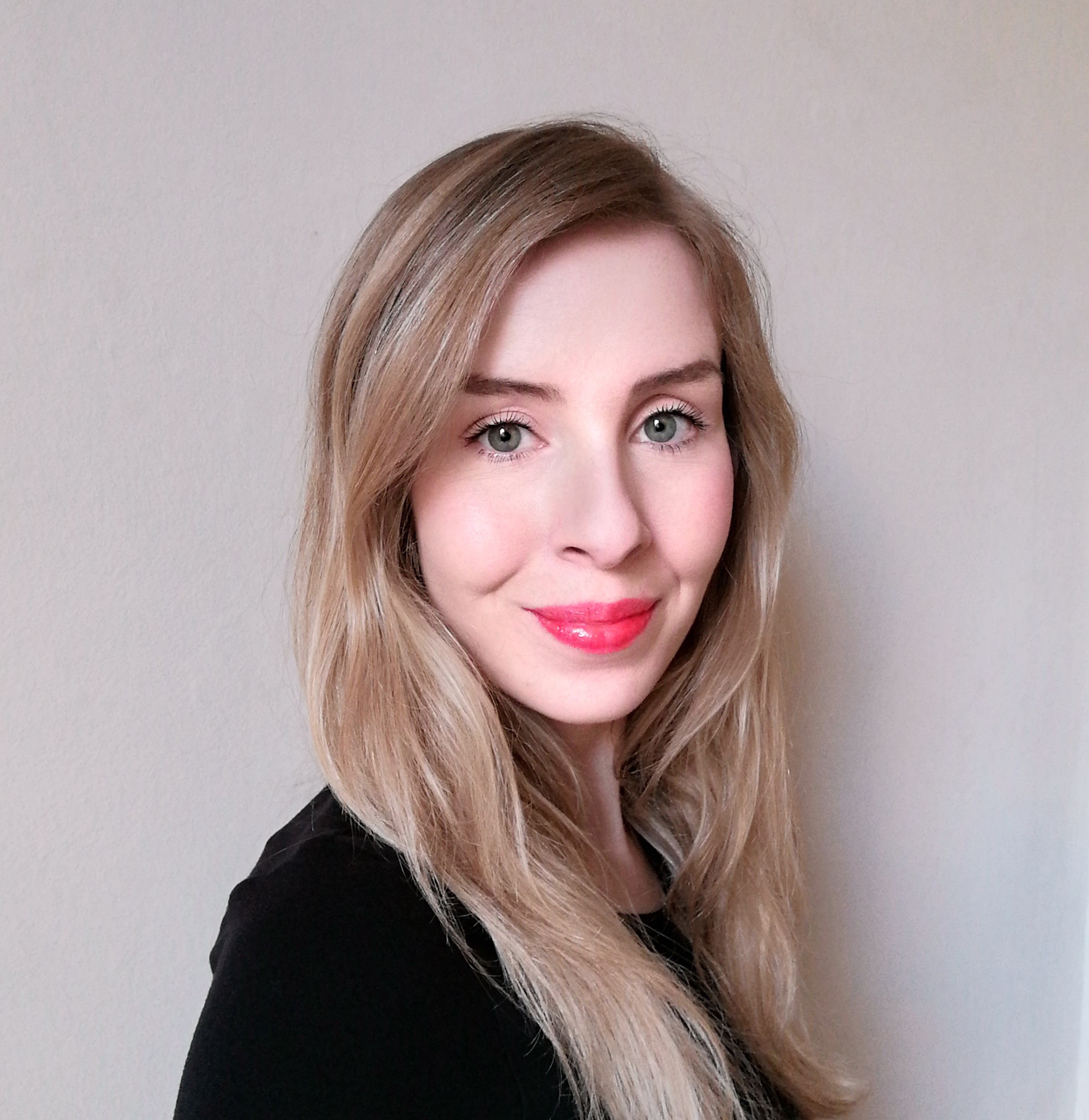
Elinor Pegler
Communications Manager

Silviu Petrovan
Senior Research Associate

Mariel Pettee

Pauline Luise Pfuderer
PhD student

Tuan Pham
Digital Transformation Programme Director

Chris Pickard
Sir Alan Cottrell Professor of Materials Science

Brechtje Post
Professor of Phonetics and Phonology

Richard Prager
Head of Cambridge University Engineering Department

Lucia Reisch
Professor for Behavioural Economics and Public Policy

Sam Reynolds
Research Associate
Timothy Rittman
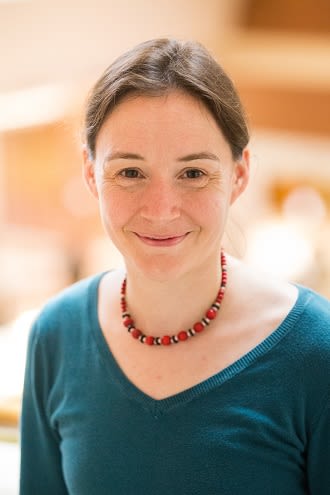
Amelie Roper
Head of Research

Robert Rouse
Researcher
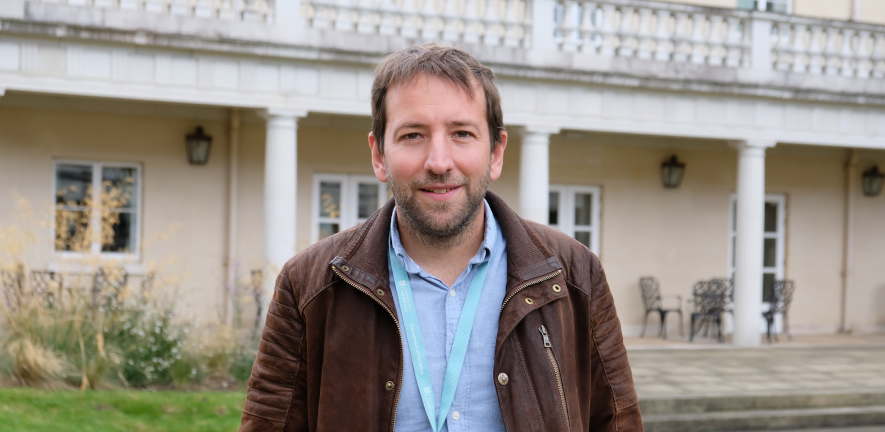
Henrik Salje
Professor
Mihaela van der Schaar

Sjors Scheres
Group Leader

Stefan Scholtes

Jennifer Schooling

Carola Schönlieb
Professor of Applied Mathematics

Annabelle Scott
Programme Manager

Emily Shuckburgh
Director
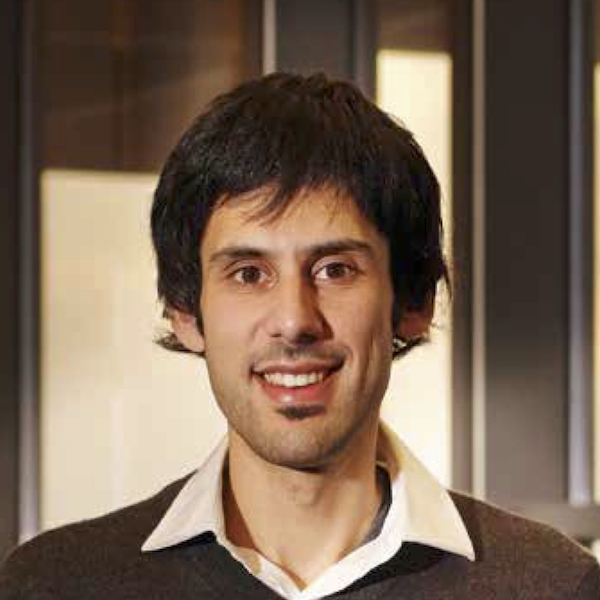
Jat Singh
Principal Researcher

Gordon Smith
Head of Department

Rebecca Smith
Senior Research Associate
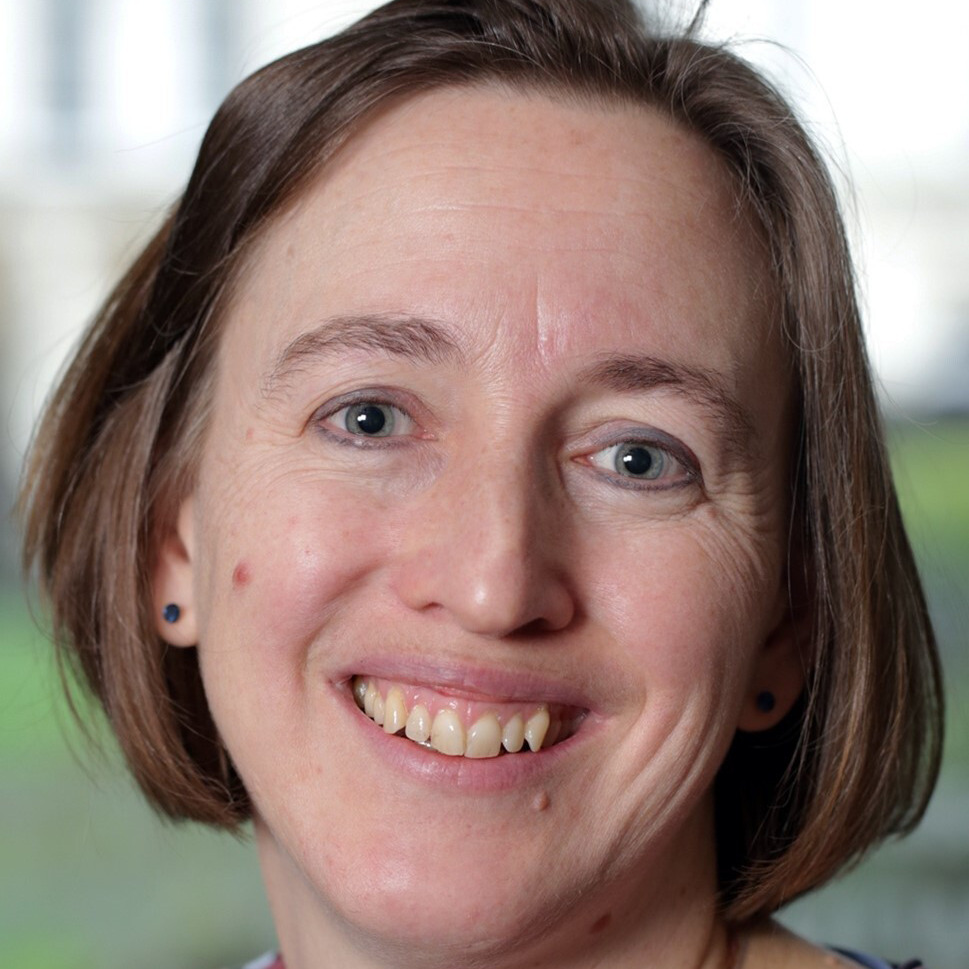
Liz Soilleux
Professor/ Group Leader/ Honorary Consultant
Sushmita Sridhar

Keshav Srinivasan
Robert Sansom Professor of Computer Science
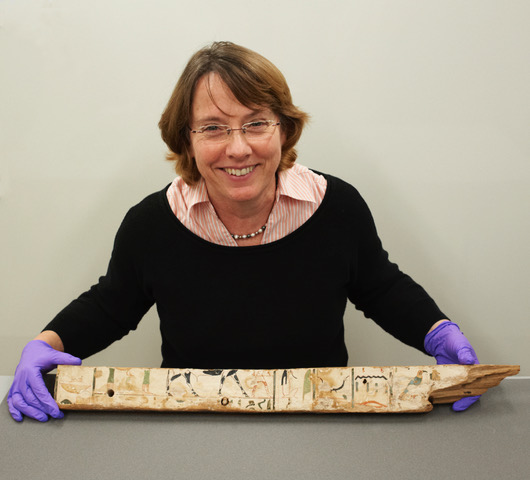
Helen Strudwick
Senior Curator
Maoran Sun

Bill Sutherland
Professor of Conservation Biology

Apolline Taillandier
Postdoctoral Research Fellow

Deborah Talmi
Associate Professor

Kenza Tazi
PhD Student

Sarah Teichmann
Senior Research Fellow
Arun Thirunavukarasu

Yau Thum
Fertility Specialist

Roni Tibon
Researcher
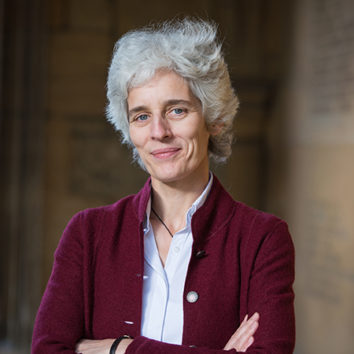
Ulrike Tillmann
Director
Alex Townsend
Tuan-Anh Tran

Richard Turner
Professor of Machine Learning

Aleksei Turobov
Research Associate

Ben Underwood

Mo Vali
PhD Candidate

Saaliha Vali

Michele Vendruscolo

Ruth Walker
Senior Teaching Associate

Jane Walsh
Manager, Cambridge Language Sciences Interdisciplinary Research Centre

Li Wan
Associate Professor in Urban Planning and Development

Bob Wardrop
CEO, RegGenome

Staci Weiss
Research Associate

Adrian Weller
Director of Research in Machine Learning

Alex Woolgar
Professor of Cognitive Neuroscience

Junwei Yang
PhD Candidate


Are you working on AI at Cambridge University?
In such a dynamic field, it isn’t easy to keep our researcher database up to date. If you think you should be on the list above, submit a profile via our website update form at the link below, or a pull request via our GitHub repo.








